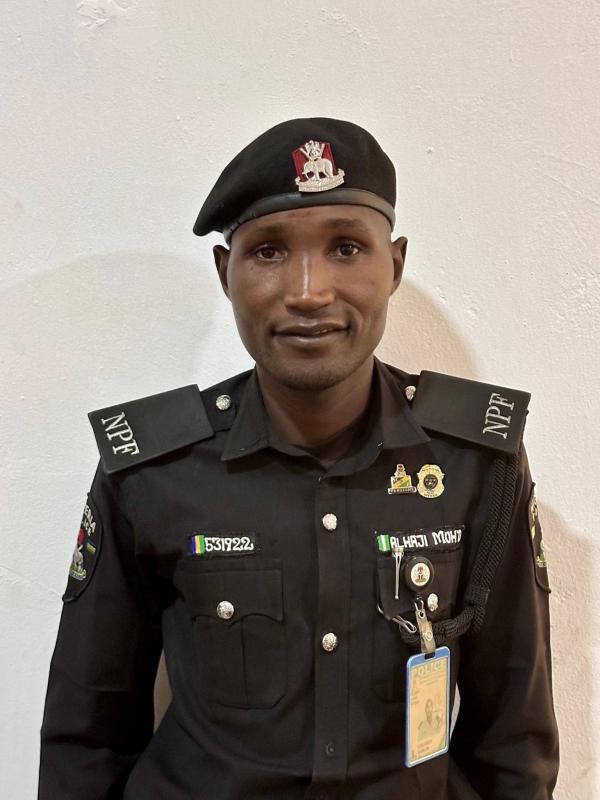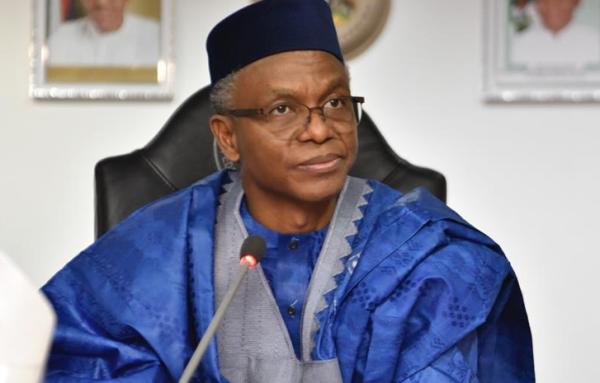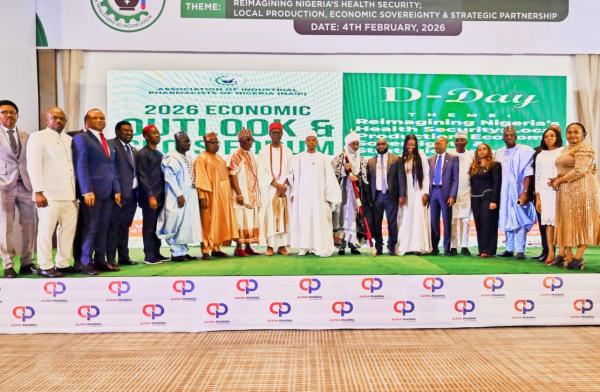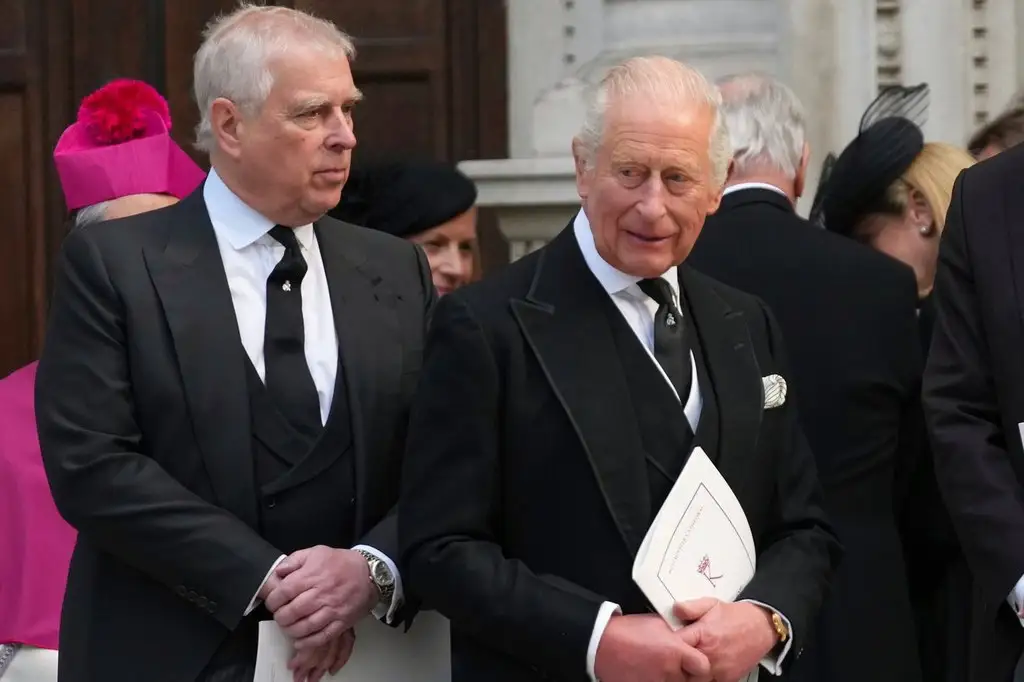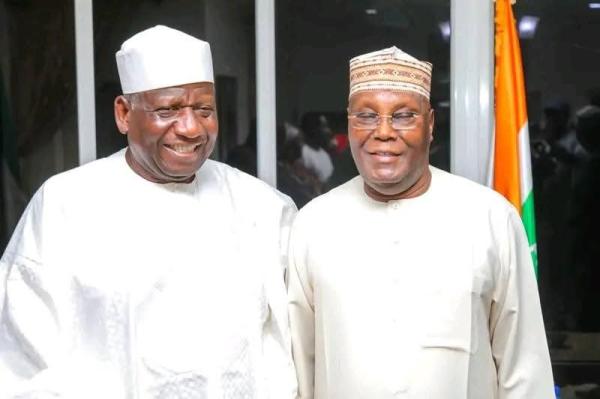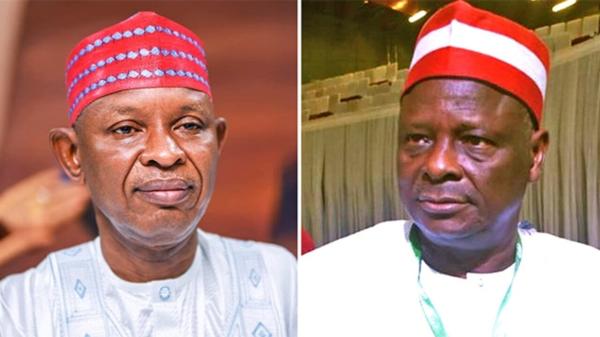
Nigeria’s first Republic Prime Minister’s son, Dr Abdul-Jhalil Tafawa-Balewa, stated that he would compete with President Goodluck Jonathan on the platform of the Peoples Democratic Party (PDP) in 2015 presidential election.
A son of the late politician condemned endorsement of President Goodluck Jonathan as the sole presidential candidate of the party. With such adoption, the party said, it had expected all of its members, including those nursing presidential ambition, to drop it and queue behind the president.However, Tafawa-Balewa tagged it as a demoralizing fact for other presidential aspirants.
“I’m not intimidated by the decision of the PDP governors and the party to support the second term aspiration of President Goodluck Jonathan. What type of democracy do we have? Is the PDP a communist party? Where is the place of internal democracy?” he wondered.
Tafawa-Balewa further noted that the greater majority of Nigerians had been yearning for a leadership capable of fulfilling their high expectations and asked Nigerians to listen to facts and that they should not be carried away with the party’s decision.
“What Nigerians need and where they want the country to be in future are paramount issues. We need to put our ideas before the people and allow them to decide. Nigeria needs to move from Third World to First world.”
Tafawa-Balewa said that his administration would ensure zero unemployment, better education, maximum security and increased power supply. Besides he promised to make Nigeria an industrialized country.
The father of Dr Abdul-Jhalil Tafawa-Balewa, Abubakar Tafawa Balewa, was the first Prime Minister of Nigeria after it gained independence. He served his term as Prime Minister from 1957 until he died in 1966 when he was kidnapped and killed in the country’s first military coup. Balewa’s term was tumultuous due to tensions in the western Region of the country.
Nigeria was comprised of three regions each with a considerable amount of self-governance. Violence broke out in the region after elections took place in 1965; as many were not pleased with the outcome. The tension and violence in the area eventually led to the coup in 1966. He was knighted in 1960 by Queen Elizabeth II.












